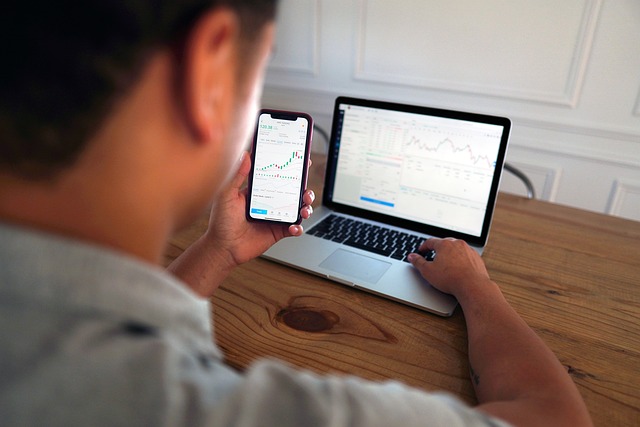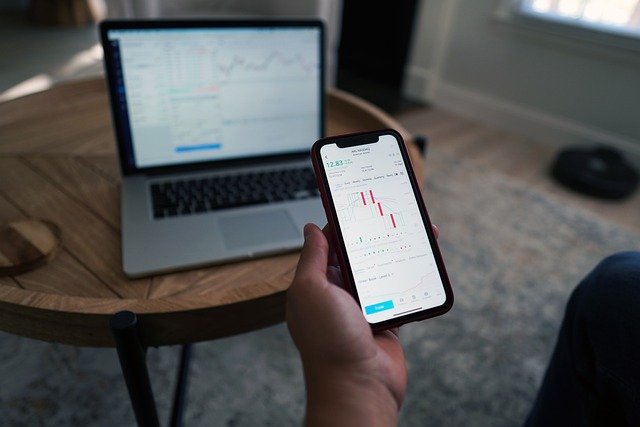The Future of Investing: An In-Depth Look at AI Trading Platforms
As the world evolves, so does the landscape of financial trading. The arrival of artificial intelligence (AI) has marked a pivotal shift not only in how we approach investing but also in the tools and technologies available for traders. In this article, we will explore the multifaceted realm of AI trading platforms, covering their mechanics, benefits, limitations, and the ethical considerations that arise with their use. So, let's delve deep into this exciting frontier.

Understanding AI Trading Platforms
AI trading platforms are technological ecosystems that utilize artificial intelligence to analyze data, forecast market trends, and execute trades. They operate on algorithms that can process vast amounts of information far quicker than a human could. This capability not only enhances the speed of decision-making but also aims for improved accuracy in identifying profitable opportunities.
How AI Trading Platforms Work
- Data Collection: These platforms gather and analyze various types of data, including historical price movements, trading volumes, social media sentiment, and macroeconomic indicators.
- Machine Learning Algorithms: Advanced algorithms are employed to identify patterns within the data. Machine learning models continuously improve their performance through experience, meaning they can adapt to new data and refine their predictions over time.
- Execution of Trades: Once a trading strategy has been formulated based on data insights, the platform can automatically execute trades at optimal times, thereby taking human emotion and hesitation out of the equation.
Key Components of AI Trading Platforms
Several key components differentiate AI trading platforms from traditional trading methods. These include:
- Algorithms: Algorithms are at the heart of AI trading, allowing for precise calculations and faster execution than human traders.
- Natural Language Processing: Many platforms utilize NLP to interpret news articles and financial reports, viewing market sentiment in real-time.
- Risk Management Tools: AI can analyze market conditions instantaneously to adjust risk parameters, a significant advantage for traders seeking to mitigate losses.
Benefits of AI Trading Platforms
The rise of AI trading platforms brings a plethora of advantages to both novice and professional traders alike. Here are some of the key benefits:
Increased Efficiency
One of the most significant benefits of AI trading platforms is efficiency. Unlike human traders, algorithms can analyze countless variables in a split-second. This technology enables traders to capitalize on fleeting market opportunities that would otherwise go unnoticed, particularly in volatile conditions.
Reduced Emotional Trading
Human emotions can often cloud judgment, leading to poor decision-making during trades. AI trading platforms operate based on data-driven methods, removing emotions from trading processes. By following predetermined strategies, traders can avoid the pitfalls of fear and greed that commonly affect market participants.
Accessibility
AI trading platforms have democratized access to trading for retail investors. Traditionally, investing required significant expertise, time, and capital. With the advent of AI technologies, even less experienced investors can benefit from sophisticated analytics, enabling them to engage in trading with a level of confidence that would have been unattainable years ago.
Limitations of AI Trading Platforms
While AI trading platforms offer considerable advantages, they are not without limitations. Understanding these can help traders make informed decisions.
Reliance on Historical Data
AI trading systems heavily rely on historical data to predict future market movements. This can be problematic, particularly in highly unpredictable markets where past performance may not be indicative of future results. Traders need to be aware that reliance on historical trends can introduce significant risk.
Overfitting Issues
Overfitting occurs when a trading model becomes overly complex and starts to model noise rather than the underlying data trends. This situation leads to poor performance in live trading scenarios. Thus, simplicity and robustness in algorithm design are crucial for successful trading strategies.

Ethical Considerations in AI Trading
The integration of AI in trading raises several ethical questions that we must address. As we embrace these advancements, we must also consider the implications of our technology-driven decisions.
Market Manipulation Risks
AI algorithms can analyze and execute trades at speeds that human traders cannot match, raising concerns about market manipulation. Traders might exploit flaws in market structures, prompting regulatory bodies to consider stricter regulations to maintain fairness and order in the markets.
Data Privacy Concerns
AI trading systems require vast amounts of data to function effectively. This raises issues regarding data privacy and security. Protecting sensitive information in an age where data breaches are common is essential. Traders and firms must prioritize ethical data sourcing and usage.
Conclusion: The Road Ahead
AI trading platforms present a remarkable opportunity to redefine how we approach investing. They promise efficiency, accessibility, and reduced emotional bias in decision-making. However, accompanying these benefits are limitations and ethical challenges that we must navigate carefully.
In my opinion, embracing AI in trading is merely the tip of the iceberg. Future developments could further transform our financial markets. As traders, we must be proactive in educating ourselves not only about the technologies at our disposal but also about the ethical implications they entail. The balance between profit and principles is one that we all must consider as we collectively venture into the future of trading.